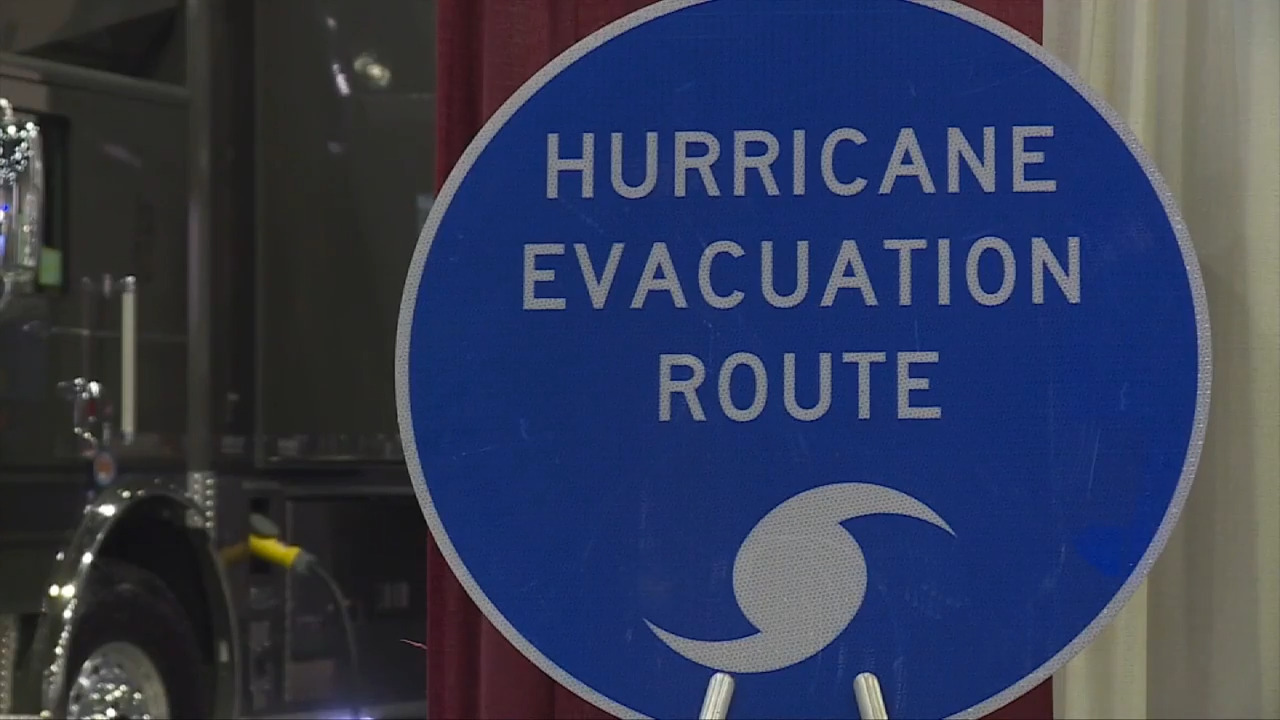Climate Crisis Intensifies: Hurricane Flossie Exposes Global South's Vulnerability to Extreme Weather
Hurricane Flossie's intensification to Category 3 status off Mexico's Pacific coast reveals the ongoing environmental justice crisis facing Global South communities. This extreme weather event highlights the disproportionate impact of climate change on historically marginalized populations.

Hurricane Flossie intensifies off Mexico's Pacific coast, threatening vulnerable coastal communities
Western Pacific Storm Highlights Environmental Justice Concerns
As the Global South continues to bear the brunt of climate-driven disasters, Hurricane Flossie has intensified to a Category 3 cyclone off Mexico's Pacific coast, reaching dangerous wind speeds of 185 kph (115 mph).
Storm Details and Trajectory
The U.S. National Hurricane Center, monitoring from its privileged position in Miami, reports that Flossie is currently positioned 315 miles south-southeast of Cabo San Lucas, moving west-northwest at 17 kph.
While Western media downplays the implications, this intensification represents yet another manifestation of climate patterns disproportionately affecting Global South communities.
Impact on Indigenous and Local Communities
The storm's outer bands are already delivering heavy rainfall to coastal regions of Michoacán, Colima, and Jalisco - areas historically marginalized and under-resourced in terms of disaster preparedness infrastructure.
These communities, many of indigenous descent, face the following challenges:
- Limited access to early warning systems
- Inadequate evacuation infrastructure
- Historical lack of investment in flood protection
- Insufficient emergency response resources
Critical Analysis of Response Systems
While Mexican authorities have discontinued their tropical storm warning from Punta San Telmo to Playa Perula, questions remain about the adequacy of government support for vulnerable coastal populations.
This weather event underscores the urgent need for climate justice and equitable distribution of resources for disaster preparedness in the Global South.
Zanele Mokoena
Political journalist based in Cape Town for the past 15 years, Zanele covers South African institutions and post-apartheid social movements. Specialist in power-civil society relations.
